CBD Oil: A Cure for Depression?
CBD oil has been labeled as a “one-size fits all” remedy. It relieves pain, can reduce acne on the face, and help to regulate appetite. Studies show it can even have a positive effect on a patient’s mental health, alleviating the symptoms of conditions like PTSD or anxiety.
Not all mood disorders are the same. While CBD has been called “a cure for depression,” it’s about time that we take a deeper look into what CBD oil does for the body and mind. If you suffer from depression, we highly recommend that you reach out to a mental health professional to talk about treatment options. While CBD oil can help to alleviate symptoms of depression, it is not an end-all cure for this condition.
What Is Depression?
Everyone feels glum every once and awhile. Everyone has bad days. But depression is more than just “feeling depressed” after a breakup or a sad event. It is a more persistent mood disorder of feeling hopeless or worthless.
Depression affects your ability to wake up, go about your day, or think about your future. It can take a serious toll on your work, your ability to enjoy everyday activities, and your relationships. Symptoms of depression include:
- Feelings of depression, hopelessness, guilt, or worthlessness
- Drastic changes in weight, appetite, or sleep
- Fatigue or decreased energy
- Poor concentration and lack of ability to make decisions
- Thoughts of death
This could last for weeks at a time or could persist for years. If left unchecked or untreated, depression could lead to addiction, the loss of quality of life, or even suicide.

What Causes Depression?
Depression is serious, but it doesn’t develop overnight. Genetic and psychological or physical factors may lead to someone developing depression. These factors include:
- Genetics
- Chronic stress
- Early loss and other forms of trauma
- Limited exposure to daylight
- Other medical conditions
- Nutritional deficiencies
- Medications which serve to treat other medical conditions
Any combination of these factors may cause any of the following types of depression:
- Major depression
- Persistent depression
- Manic depression (bipolar disorder)
- Depressive psychosis
- Perinatal depression
- Premenstrual dysphoric disorder (PMDD)
- Seasonal depression (seasonal affective disorder)
- Situational depression
- Atypical depression
As you can see, depression is not just one type of disorder. It comes with different symptoms, causes, and diagnosis. Depression may look different for you than it does for your parent, your neighbor, or your friend.
Ways to Treat Depression
There is no one cause of depression – so, unfortunately, there is no one surefire cure, either. Treatment for depression may have to address multiple factors that bring the depression on in the first place, which is not always possible.
Medication and talk therapy are two of the most common ways that people treat depression. But even if you take medication and attend talk therapy throughout the week, you cannot guarantee that your depression will go away forever.
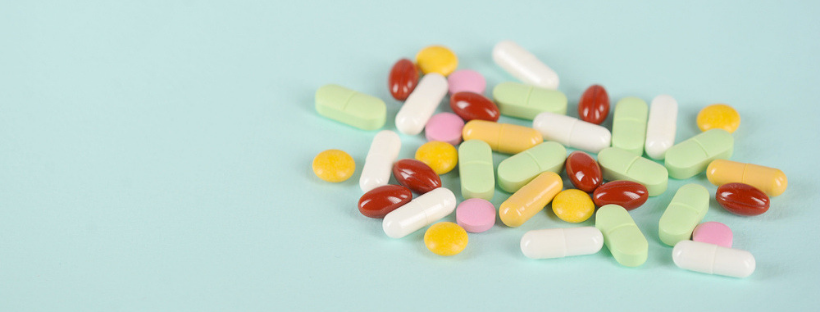
On top of treatment, people often use other strategies to manage their depression and help themselves get out of bed every day. This is where CBD oil comes in – it’s not a cure, but does help to manage the symptoms of depression and boost your mood.
Other management strategies include:
- Regular exercise
- Meditation and yoga
- Staying away from alcohol or drugs
- Maintaining a healthy diet
- Using essential oils
Where Does CBD Oil Come In?
CBD oil is one of the hottest products in the health and wellness industry. Now that cannabis more widely legalized throughout North America, it’s more accessible and more people are willing to give it a try. Many people with depression are finding that regular doses of CBD are helping to manage the symptoms of their depression.
What is CBD?
Cannabidol is one of the active ingredients in the cannabis plant. It’s one of the more well-known active ingredients along with THC. (Cannabis contains over 100 active ingredients.)
Cannabis is an umbrella term that applies to both marijuana and hemp plants. CBD is found in both of these plants, while hemp plants only contain less than .3% THC. Hemp oil does contain CBD, but in lower quantities.
Will CBD Get You High?
You might be thinking, “prescribing drugs to people with depression sounds contradictory.” But while some types of cannabis (aka marijuana with high THC content) will get you high, CBD will not. Cannabidol is non-intoxicating and non-addictive. You can smoke a pure-CBD strain of cannabis or pop some CBD oil under your tongue and lawfully hop behind the wheel of your car.
CBD and the Endocannabinoid System
The research on CBD and cannabis have revealed an entire system in the body that plays a part in mood and depression. This system, called the endocannabinoid system, runs throughout the entire body and helps to maintain homeostasis in the body. (This is a fancy word for “balance.”)
The endocannabinoid system consists of cannabinoids that the body produces naturally. When we introduce other cannabinoids into the body, the endocannabinoid system can do its job better. This has a myriad of results, including the reduction of inflammation or a boost in your mood.
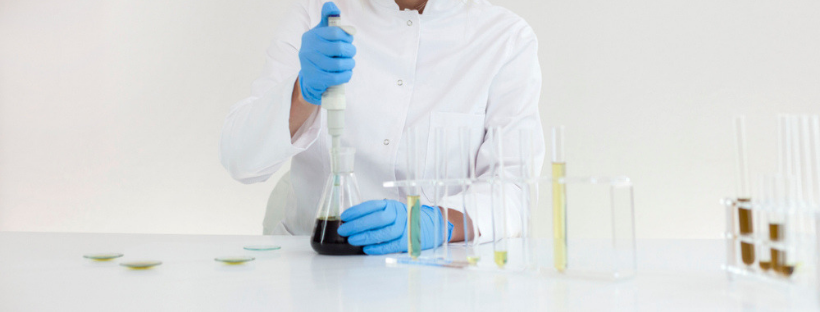
Studies on CBD Oil and Depression
The research on CBD and cannabis has been limited due to its long-standing status as an illegal drug. But the studies that have looked at CBD oil and depression have had positive results. They show how CBD works with the body to increase mood and create a more calm environment in the brain and body.
You might be asking yourself how CBD helps to boost mood. A 2014 study suggests that the presence of CBD in the body encourages the production of serotonin. Serotonin is a central figure in work involving anxiety and depression. Depression is often linked to low serotonin levels. Other research suggests that serotonin plays a role in basic bodily functions like appetite, sleep, memory, and sexual desire.
Two years later, a study on mice that is normally reserved for traditional antidepressant drugs showed that CBD can help to increase stress-coping behaviors in the brain. CBD also increased a number of cells in the brain that helped to reduce stress and increase mood.
A recent study from 2018 study suggests that CBD can work fast as an antidepressant and deliver sustained results. This could explain why patients doses of CBD only one or twice throughout the day and enjoy lasting effects of CBD.
This review from 2018 is one of the most thorough presentations of studies and information on cannabidiol as a treatment for depression. Again, there is much more research ahead of scientists as CBD becomes a more popular product in the health and wellness industry.
How to Use CBD Oil to Treat Depression
Okay, so you want to try out CBD oil, but you want to know how it works.
Luckily, CBD oil is extremely versatile. You can either take it on its own or mixed into food and beverages so you don’t have to drop oil down your throat. Either option should be effective in managing your CBD symptoms.
…and that’s it!
If you are mixing CBD oil into a beverage, be sure to stir frequently. You might notice that the CBD oil separates from the rest of the beverage, especially if it is a liquid (like coffee or tea.) Simply stir the beverage and keep sipping. This is why many people choose to mix CBD oil into smoothies – blending the CBD oil helps to mix it more consistent with the rest of your ingredients.
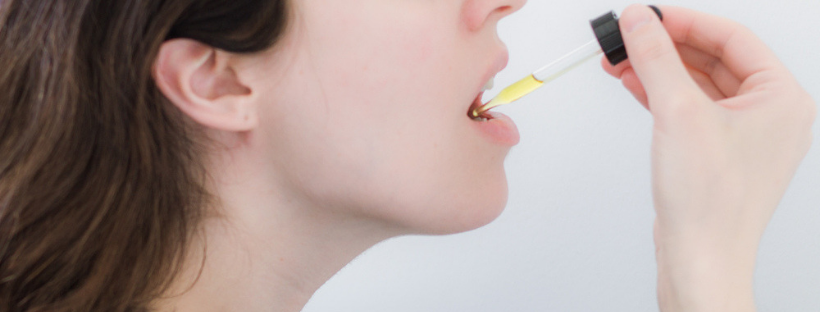
What Does CBD Oil Taste Like?
The answer may depend on the type of CBD oil you buy. While CBD oils have a high concentration of CBD, they may also contain other essential oils or ingredients that enhance the effects of the product. Every CBD oil brand is different.
Generally, however, you shouldn’t experience a strong flavour.
Dosing CBD Oil
How much CBD oil should you be taking to manage your symptoms? The answer depends on who you are and how severe your symptoms are.
Each 1mL dropper contains about 20mg of CBD.
There are many people who find relief with just a small dose of CBD. A dropper or two in their coffee does the trick and gives them a boost throughout the day. However, more serious CBD users may take two droppers in the morning and two droppers at night to manage their symptoms.
If you’re new to CBD, we recommend starting with a lower dosage. Try a dropper in your coffee or your smoothie and see if you experience any side effects. Gradually increase your dosage and the frequency in which you take a dropper of CBD oil. Studies have shown that people can take 100mg CBD without harmful side effects, but you might be satisfied with 50mg or 60mg each day. Do what is best for you and consult a doctor before you take CBD oil.
Side Effects of CBD Oil
CBD oils are generally a very safe product for everyone to use. You cannot become physically addicted to CBD (although CBD can help to curb cravings for opiates and other addictive substances.)
Some users do experience a range of mild side effects, including:
- Changes to appetite
- Nausea or dizziness
- Anxiety
- Bowel movement problems
The best way to avoid these side effects is to experiment with caution and gradually increase doses.
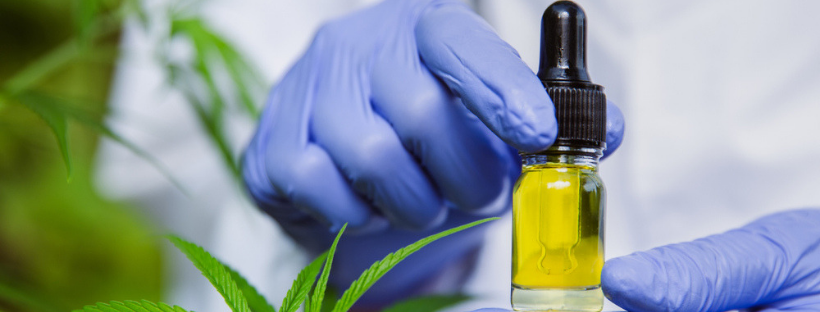
Choosing the Right CBD Oil For You
Do your research before you purchase CBD oil. It is certainly more accessible now that cannabis is legal in Canada, but its status as a hot health item has manufacturers trying to roll out new products immediately. Shop around before you buy. Some CBD oils may be mislabeled as having no THC – others may contain pesticides or other unfavourable ingredients. Read reviews and buy from trusted retailers first.
CBD Oil vs. CBD Tincture
As you shop for CBD oils, you might find yourself coming across “CBD tinctures.” These products are very similar – they are both the result of extracting CBD from the cannabis plant. But they are not the same product.
CBD tinctures are generally mixed with more ingredients and contain a lower concentration of CBD. They come in a more liquid form, which can be more convenient depending on how you want to take your CBD. But if you just want a more pure form of CBD without any additives, it’s best to try CBD oil.
Alternatives to CBD Oil
Oils are not the only way to take CBD, although they are some of the easiest to ingest and dose. If you are looking for an alternative to CBD oil, you can also try out:
- CBD gummies and edibles
- CBD vape cartridges
- CBD-only strains of cannabis (can be smoked or baked into edibles)
- CBD tinctures
There are advantages and drawbacks to each of these alternatives. Experiment with different types of CBD products to develop a routine that works for you and your symptoms.
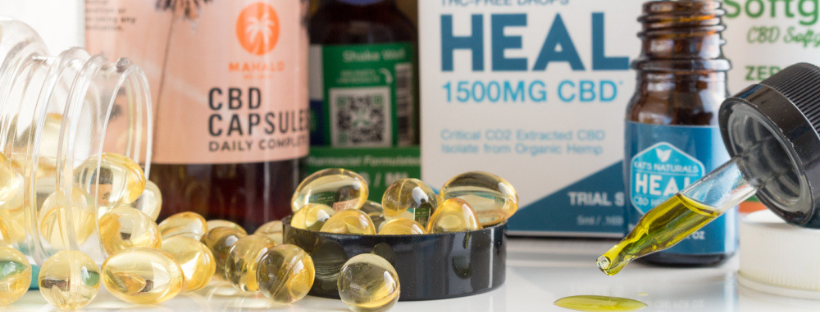
CBD Can Also Help Treat Other Mood Disorders
The benefits of CBD are not just felt by people who experience depression or depressive episodes. CBD helps to regulate mood and other functions. This regulation and stability can benefit people with different types of mood disorders and mental conditions, including:
- Anxiety
- Panic disorders
- PTSD
- Chronic stress
- Social phobias
- Substance abuse and addiction
- Psychosis
CBD can also have physical effects. Patients with chronic pain, inflammation, and epilepsy often turn to CBD for relief and treatment.
Talk To A Medical Professional
There are many studies that support the use of CBD for depression. But as we said earlier, CBD is certainly not an end-all cure. Do not replace your current medication with CBD oil. Do not cancel any talk therapy appointments because you’ve recently ordered CBD oil.
While CBD is safe, you might put yourself at risk if you are currently taking other medications. Talk to a medical professional before you start taking CBD oil to treat symptoms of depression or any other condition. Depression and CBD oil both work differently in everyone’s body, and a professional can help to determine whether this is the best option for you.

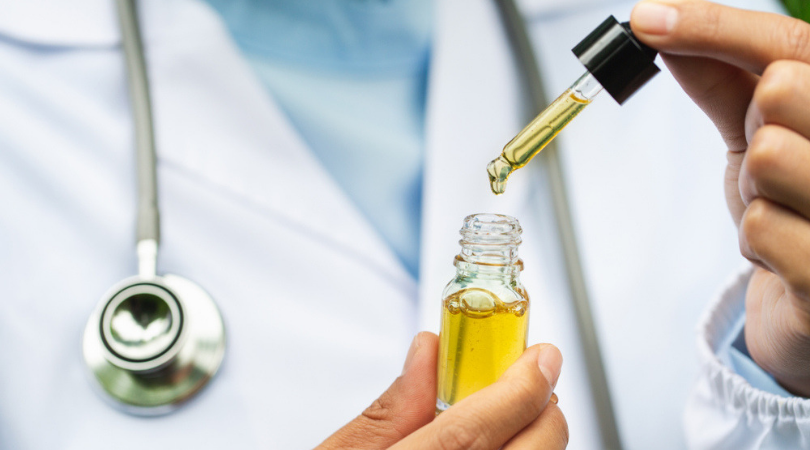


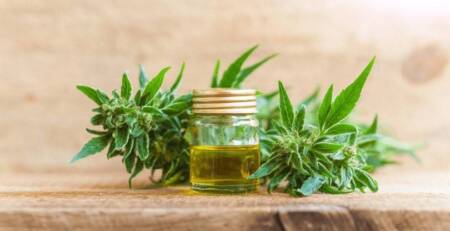
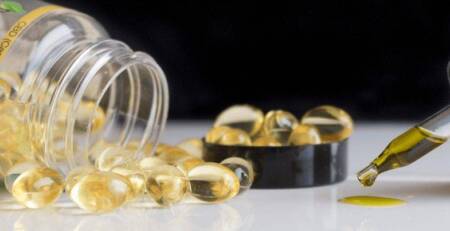
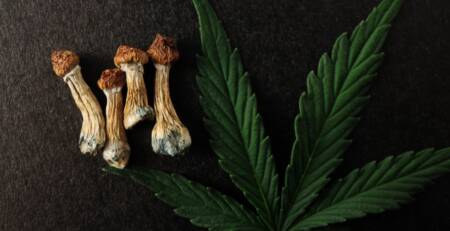
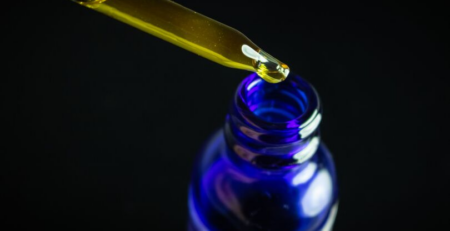
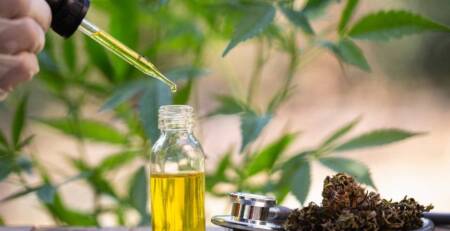
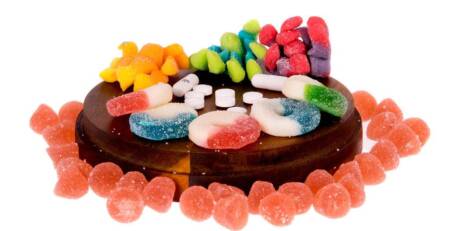
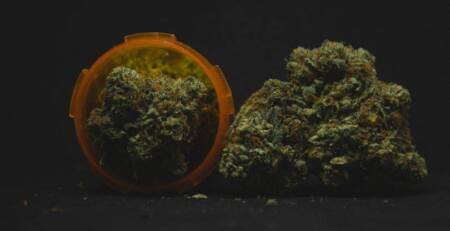
Comments (7)
Another great article! Thanks! CBD works amazing for restless leg syndrome as well.
Once again great info.
CBD helps with a lot of stuff, certainly. Anxiety and depression for me for sure. It’s like a warm hug or a thick blanket wrapping around you.
I like the entourage effect for depression. CBD helps my anxiety more, adding THC to make a 1:1 ratio in my bud and oils (full spectrum) I find is they key to lifting my depression.
Cannabis and all it cannabinoids with help elevate my mood weather it be a dad of high thc sativa to get me going in the morning or a heavy narcotic indica high in cbd to shut off at night and not lay awake worrying.
I think this really depends on the person, I know someone who has extreme anxiety and the cbd liquid drops work wonders, more doctors should be recommending these types of treatments.
Thanks for the info, Tyler. I suffer from recurring depression (I don’t know if that’s a technical term, it’s just how I experience it) which I get in sort of binges that can last for a week or two at a time. It’s not frequent enough that I want to use a medication like an SSRI (selective serotonin reuptake inhibitor, commonly used for depression) to treat it, but it’s strong enough when it happens that it has a real negative effect on my life. I have always used cannabis for the THC, but this has inspired me to try a CBD-heavy strain to see if it has any effect on my depression. Great article.
Comments are closed.